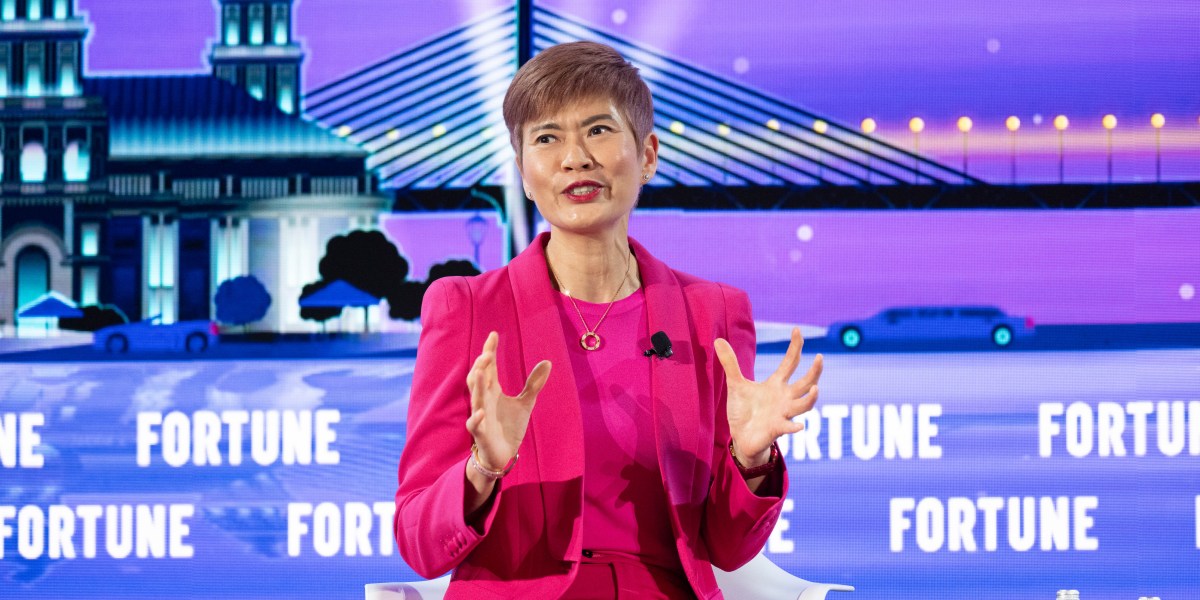Nothing, however, can be more absurd than this whole doctrine of the balance of trade.
– Adam Smith (An Inquiry Into the Nature and Causes of the Wealth of Nations, 1776)
Economists from Adam Smith on have repeatedly debunked each of the many myths spawned by ‘reasoning’ about the so-called “balance of trade.” Yet these myths stubbornly persist. The reason for this persistence is that these myths are so very convenient for the case for protectionism.
Observed straight-on and honestly, the case for protectionism as a means of increasing the nation’s prosperity is laughable. Even first graders understand the silliness of arguing that people will have greater access to goods and services if and when the government artificially restricts people’s access to goods and services. Protectionism is the economic equivalent of the argument that 10-3=15.
To hide the absurdity of protectionism, therefore, its peddlers display it to the public amidst smoke and mirrors – a deception that apparently fools not only the audience but, often enough, also even the peddlers themselves. And there’s no smoke more thick or mirrors more distorted than assertions about the balance of trade. To clear the smoke and straighten the mirrors, it’s helpful to review the origins of the concept of the so-called “balance of trade.”
A Holdover from Royal Despotism
The balance of trade – the ‘balance’ between the value of a country’s imports and the value of its exports – dates, as a concept, back to the era when the crown thought of itself, and people thought of the crown, as the embodiment of the nation. In that context the concept made some sense. Louis Rex had to maintain a household, a court, and, most importantly, an army. And so he needed revenues to cover these expenses. If his revenues regularly fell short of his expenses, he was doomed to become Louis Ex-Rex or, more likely, Louis the Late.
In Louis’s mind (and those of his ministers), country, government, and national economy are all synonymous. It’s a short step from this conception of the nation and its economy to the conclusion that the national economy is an organization akin to a business firm – an organization the economic performance of which can be described with accounting concepts and tools such as a balance sheet and an income statement. The owners and managers of this economy – this ‘Nation, Inc.’ – of course were Louis and his ministers. And they strived to manage the nation just as every profit-seeking business is managed: to produce goods for sale with the goal of having revenues on those sales exceed as much as possible the costs of producing those goods.
Just as a private firm profits by producing goods for sale to entities outside of itself – to consumers and to other firms and organizations – Louis’s realm profited by producing goods for sale to entities outside of itself, namely, to people in other countries. And the greater were these export sales relative to the amount of money Louis’s realm spent on imports, the higher were the ‘profits’ of Louis’s realm.
Given this notion of the nation’s economy, citizens were thought of chiefly as sources of revenue. They existed, not for themselves and their families, but for the benefit of Louis and his court. Whenever Louis’s subjects imported stuff, this stuff was paid for with money – back then, mostly gold and silver. So imports caused money to flow out of Louis’s realm, causing for Louis’s realm an unambiguous outflow of wealth. But whenever these subjects exported stuff, money flowed into Louis’s realm, increasing the realm’s wealth. Thus, the greater the excess of exports over imports, the greater the net inflow of money – of profits – into Louis’s realm. To maximize Louis’s profits, importing was discouraged while exporting was encouraged.
As seen by Louis and his court, imports are useful only if and insofar as these might better enable the country in the near future to export even more. Imports of raw materials, for example, might enhance the country’s ability to produce valuable finished products for export. However, imports that enhance citizens’ ability to consume injure the national economy by sending money out without increasing the nation’s ability to bring even more money in through exports.
Exports, in contrast, are wonderful as long as the goods that are exported aren’t themselves very scarce inputs to the production of future exports.
If Louis’s finance minister was successful, exports annually exceeded imports. The amount of precious metals in Louis’s treasury swelled, allowing him to enhance the splendor of his court and the might of his military. Thus did it make sense to describe an excess of exports over imports – a trade surplus – as a “favorable balance of trade,” and its opposite, an excess of imports over exports – a trade deficit – as an “unfavorable balance of trade.” Well, such descriptions made sense at least for Louis and his court. For almost all of Louis’s subjects, though, there was nothing especially favorable about his success at achieving a “favorable balance of trade.”
The exports produced by the toil of Louis’s subjects were exchanged, not for the purpose of increasing citizens’ access to real goods supplied by foreigners, but for the purpose of accumulating precious metals – which, as lovely as these shiny objects are to behold, cannot be eaten, stitched into clothing, assembled into housing, or used for much of anything other than as jewelry and money. And while money is indeed valuable as a medium of exchange, precisely because money itself cannot be consumed, money has value only insofar as it is exchangeable for real goods and services – exchangeable for the likes of food, clothing, shelter, household furnishings, transportation, and medical care. Because Louis Rex’s trade policy was conducted to fill the country – and, above all, Louis’s own counting house – with money rather than with real goods and services, Louis’s subjects toiled to supply foreigners with the likes of food, clothing, and household furnishings while, because importing was discouraged, receiving in exchange from foreigners relatively few real goods.
International trade was valuable to Louis and his toadies only because, and only insofar as, it increased the stock of money in Louis’s realm and royal treasury.
Again, for monarchs and other potentates this mercantilist trade policy was rational, especially because any king or queen reigning during the successful use of such policy enjoyed a treasury swelling with the power to purchase, as needed, arms, soldiers, and navies.
But as Adam Smith explained so brilliantly, if the goal of economic policy is – as it should be – the achievement of prosperity as great as possible for ordinary people, mercantilism fails. It impoverishes ordinary people rather than enriches them.
Yet we continue today to use confusing mercantilist terms and mistaken mercantilist presumptions.
The most confusing of all mercantilist terms, the reader will now not be surprised to learn, are “favorable balance of trade” and “unfavorable balance of trade.” Because the ultimate goal of all economic activity, including trading with foreigners, is to increase one’s ability to consume, describing as “favorable” a situation in which the people of the home country ship many real goods and services to foreigners and receive in exchange lesser amounts of real goods and services, with the difference made up in money, is indeed – as Adam Smith called it – absurd. But this language today nevertheless persists, subtly building in the minds of both speakers and listeners a bias against imports and a misunderstanding of the purpose of exporting.
The single most mistaken mercantilist presumption is that the nation is a giant productive unit the performance of which can be adequately gauged and portrayed with the same accounting tools, especially balance sheets and income statements, that are indispensable for measuring the performance of companies. But an economy’s performance cannot accurately be so gauged and portrayed. Unlike a profit-seeking company, an economy doesn’t exist to maximize the amount of money it brings in, net of its costs, on sales of its outputs. Yet the practice of nevertheless classifying international purchases, sales, and investment flows as if these are the transactions of a single, giant, profit-seeking corporation persists. The resulting confusion isn’t merely academic; it spawns attitudes towards trade – and, hence, spawns trade policies – that are economically destructive.








































